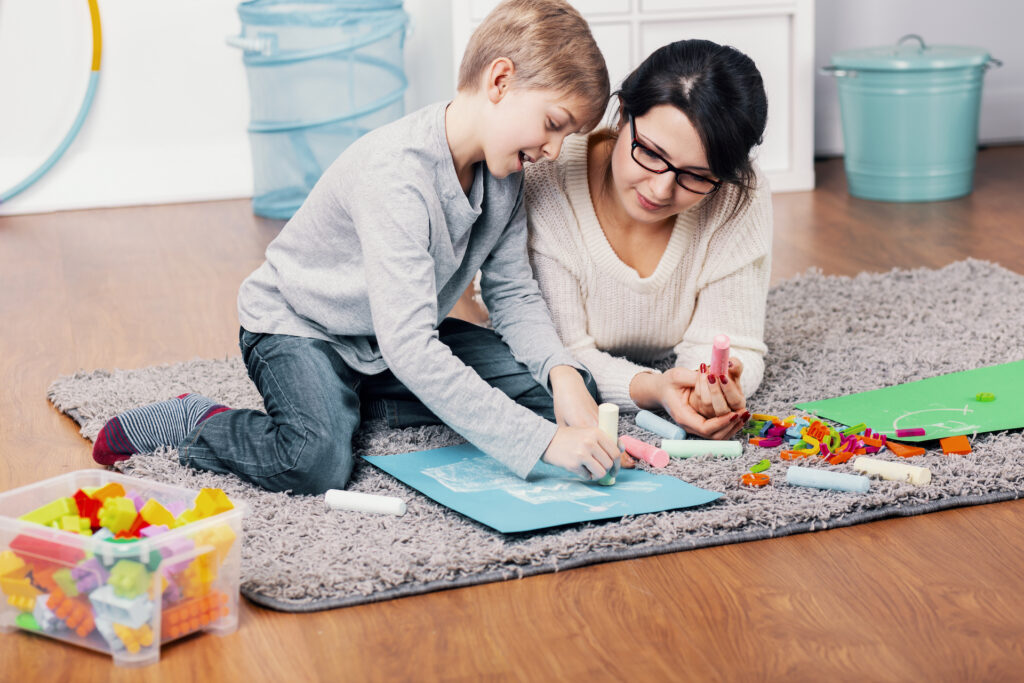Adaptive skill training aims to increase a child’s life skills to a greater independence level in home and community.
Adaptive skill training contributes to community success, promotion into the community, and quality of life for people. Using the samples of participants and conducting studies with developmental disabilities. This research on interventions such as Applied Behavior Analysis, task analysis, visually cued instruction, modeling, virtual environment, and self-management. Any important component is parent training in which parents can demonstrate their ability to use this strategy in the development of a child’s skills.

Life Skills in AST
Adaptive functioning three basic skills
1. Conceptual Skills
- Includes reading, money, time, numbers, and communication skills.
2. Social Skills
- Helps us move well with others, including understanding social rules and customs, obeying laws, and motivating others to avoid victimization and deception.
3. Practical life skills
- To perform daily living activities, including feeding, bathing, dressing , navigating, and occupational skills.
Adaptive Skills Areas:
1. Self-care- bathing, dressing, groomin
2. Communication skills- using verbal and nonverbal language.
3. Self-direction-problem is solving, initiating, and planning.
4. Social skills- maintaining relationships, understanding emotions, honesty, social cues, obeying laws, and rules.
5. Leisure skills- having the ability to participate in the community and performing one’s activities.
6. Home or School living-housekeeping, cooking, and laundry.
7. Functional academics- reading and writing.
8. Community use- shopping, community services and transportation.
9. Work- to maintain a part-time or full-time job, to work under supervision, cooperates with coworkers.
10. Health and Safety- the ability to protect oneself.
Applied Behavior Analysis strategies and techniques are utilized by children and individuals with self-care, independent living skills, functional communication, social-relational, and Safety practices with in-home and community. ASD are social disabilities with delays and deficits in social development within the first year of life. Early diagnosis and intervention for ASD have increased, showing that infants later diagnosed with autism have limited eye contact, social smiling, social interest, and language skills.
